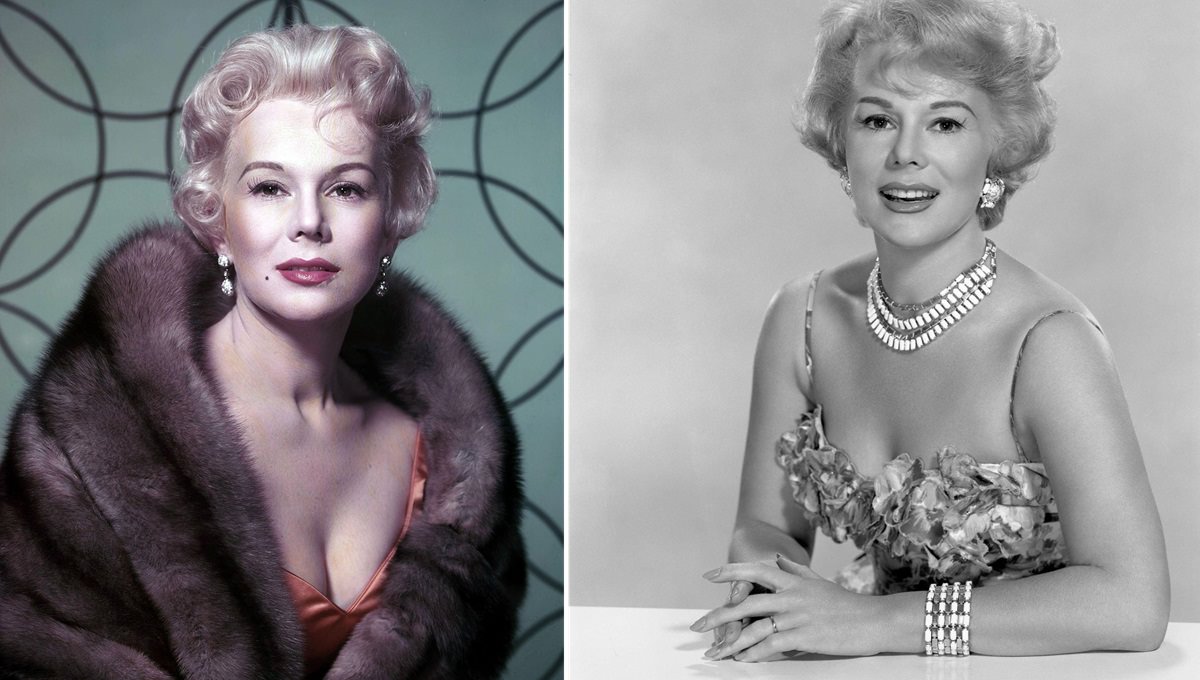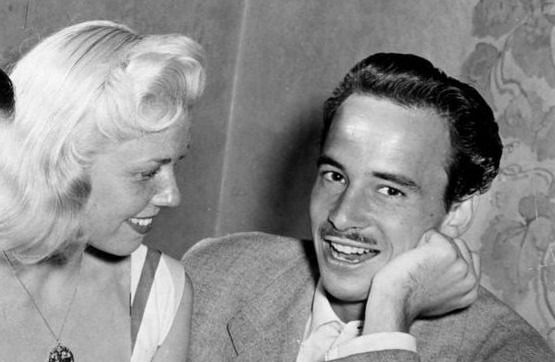Geraldine Chaplin’s foray into the world of cinema has been as diverse as it has been impactful. The daughter of legendary Charlie Chaplin, Geraldine has established herself as a formidable actress in her own right. She has traversed various film industries with an ease that few can claim, leaving an indelible mark with her performances that often speak louder than words.
Embracing a Global Cinematic Canvas
From the outset, Geraldine Chaplin‘s acting career was international in scope. She moved beyond the looming shadow of her father’s legacy to craft her own narrative in the film industry. Her choice of roles has been a kaleidoscope of culture and language, refusing to be restricted by geographic or linguistic boundaries. This global perspective allowed her to inhabit characters from different walks of life, showcasing an impressive versatility.
Her skill set as an actress was honed to adapt across various genres and styles, making her a chameleon on screen. Geraldine’s ability to morph into her characters comes from a deep-rooted empathy and understanding of human nature, which she expertly channels into her performances.
Mastering the Art of Non-Verbal Communication
One of Geraldine Chaplin’s most noted skills is her masterful use of non-verbal communication. Her facial expressions, movements, and body language convey volumes, often transcending the need for dialogue. This is not to say her vocal performances are any less compelling, but Geraldine’s strength lies in her ability to communicate the unsaid, to let her silence speak.
This nuanced approach to acting has made her a favorite for roles that demand a complex emotional spectrum, as she effortlessly brings subtlety and depth to her characters. She has a unique ability to navigate the internal landscapes of the characters she portrays, often bridging cultural and language barriers with her expressive performances.
Evolving with the Times
Throughout the decades, Geraldine has shown a remarkable ability to evolve with the changing tides of cinema. Her career trajectory has seen her embracing both traditional and modern storytelling methods, always pushing the envelope with her choice of projects. She has shown no inclination to rest on her laurels, constantly seeking out new challenges that test her range as an actress.
#1 Doctor Zhivago (1965)
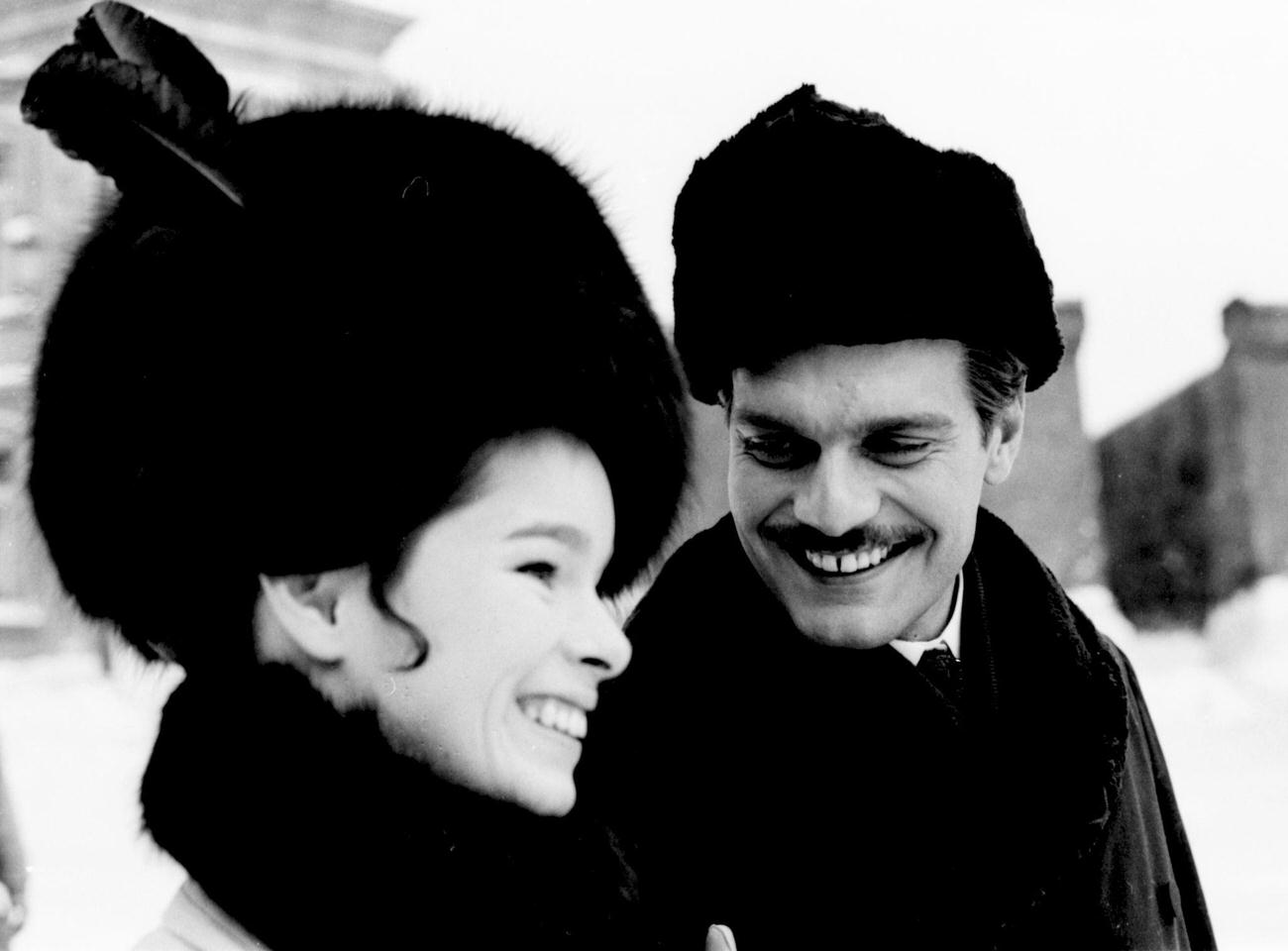
It is a sweeping romantic drama set against the backdrop of World War I and the Russian Revolution. The story follows Yuri Zhivago, a young doctor and poet, as he experiences the turmoil of the historical events that transform Russia, and his own life is intertwined with the lives of two women.
Geraldine Chaplin plays the role of Tonya Gromeko, Yuri's wife. She portrays Tonya with depth and grace, capturing her character's unwavering loyalty and strength. Her performance showcases Tonya's journey from the innocence of her youth through the hardships of war and revolution, maintaining her dignity and compassion throughout. Tonya's relationship with Yuri is central to the story, as they navigate the complexities of love and honor in a time of great upheaval.
#2 The Three Musketeers (1973)
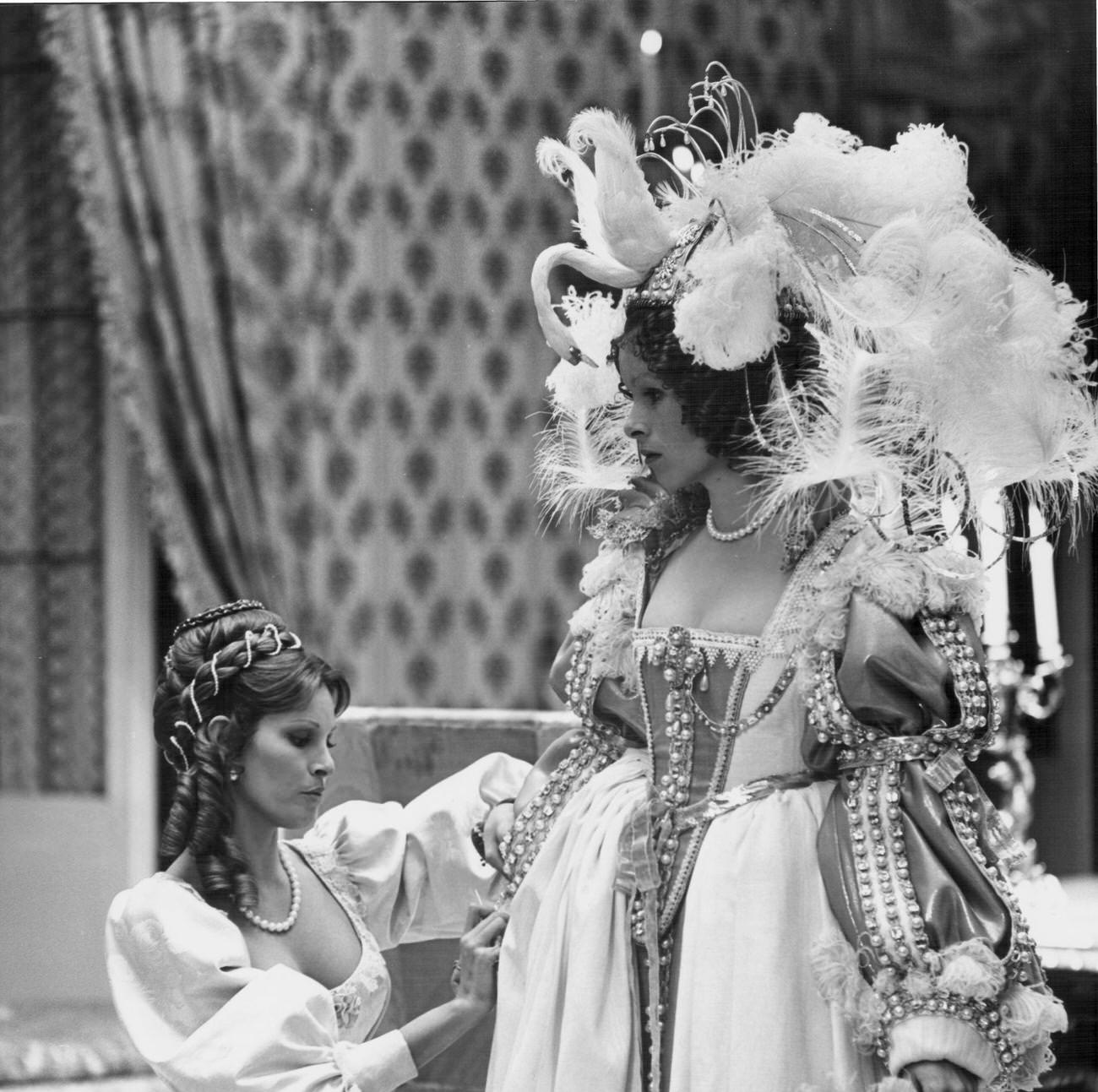
It is a lively adaptation of Alexandre Dumas's classic novel, which follows the adventures of a young man named D'Artagnan who travels to Paris to join the ranks of the King's Musketeers. He quickly befriends three of the most respected Musketeers, Athos, Porthos, and Aramis, and together they become embroiled in a plot to maintain the honor of the Queen against the devious Cardinal Richelieu.
Geraldine Chaplin appears in the film as Anna of Austria, the Queen of France. She delivers her role with an air of elegance and emotional complexity, capturing the Queen's quiet strength and her struggle with the loneliness of her royal position. Chaplin's Anna is a figure of grace under pressure, her performance hinting at the Queen's secret romances and political intrigue that weave through the tapestry of the swashbuckling main story.
#3 The Four Musketeers (1974)
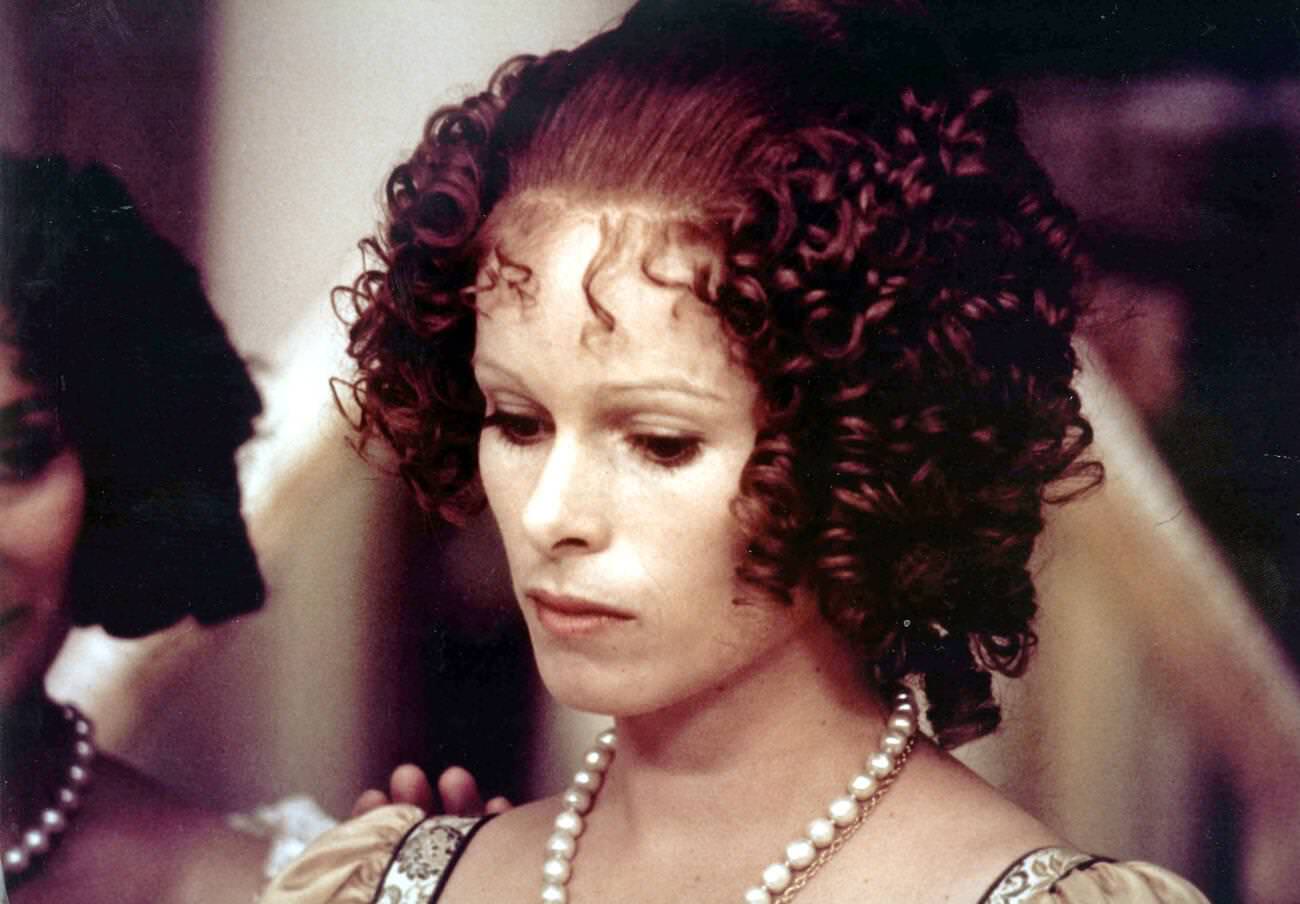
"The Four Musketeers" (1974) picks up where "The Three Musketeers" left off, continuing the story of D'Artagnan and his loyal companions. In this sequel, the musketeers find themselves fighting to protect King Louis XIII from the treacherous Milady de Winter, while also dealing with the political and romantic intrigues that surround them.
Geraldine Chaplin reprises her role as Anna of Austria, the dignified and composed Queen of France. Her performance deepens as her character grapples with the escalating stakes and the complexities of her position caught between duty and desire. Chaplin portrays Queen Anna with a sense of vulnerability and conflicted emotions, particularly in her interactions with the Musketeers as they navigate through betrayal, romance, and loyalty.
#4 Welcome to L.A. (1976)
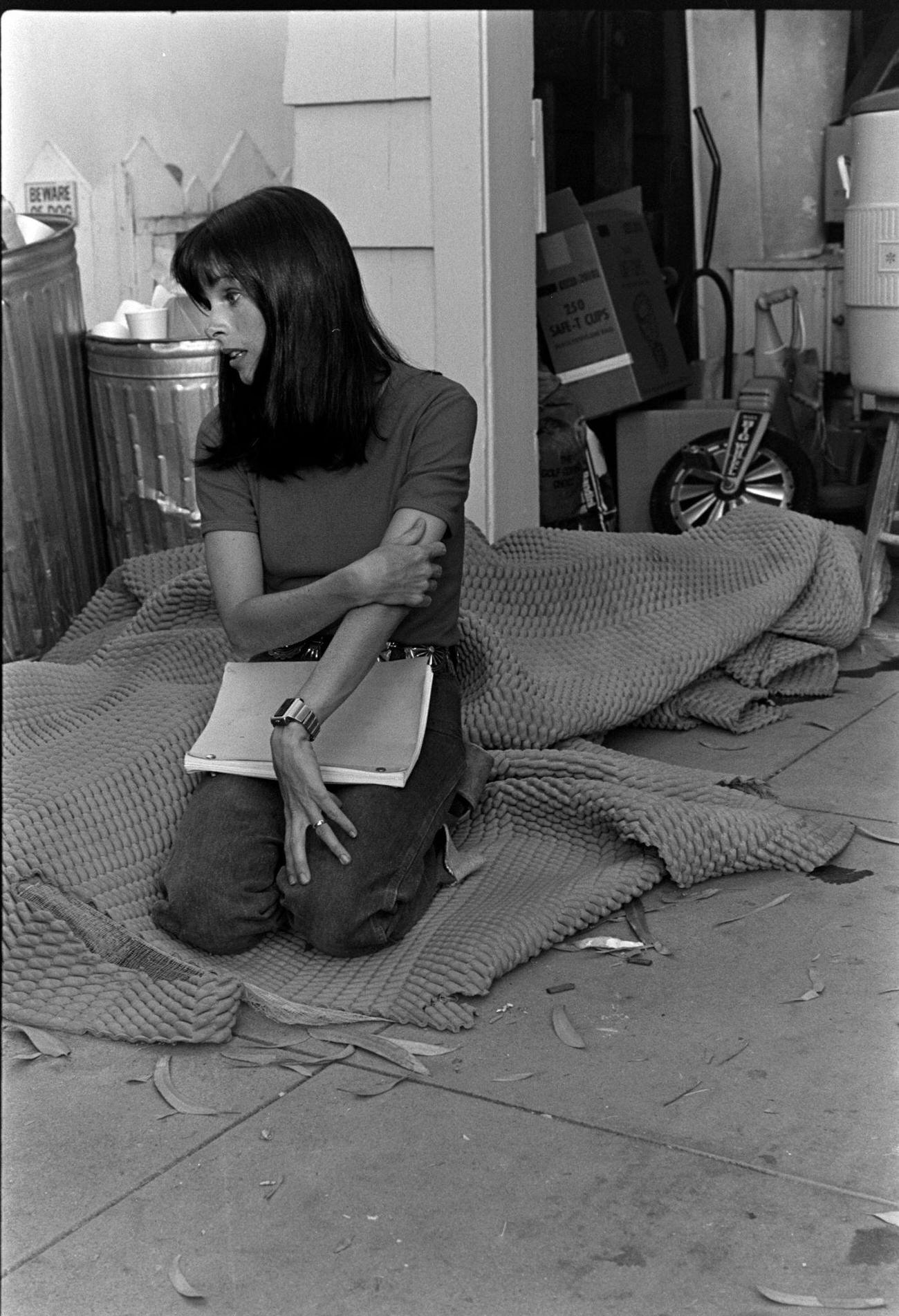
It is a film that explores the interconnected lives of several individuals in Los Angeles, each dealing with their own isolation and search for connection. The movie presents a tapestry of characters, each one affecting the others in unexpected ways, painting a picture of the city's diverse social landscape.
Geraldine Chaplin plays Karen Hood, a real estate agent and the emotionally estranged wife of a successful businessman. Her performance is marked by a delicate portrayal of loneliness and desire for genuine human contact. Karen's story is a poignant one, as she navigates the emotional distance in her marriage and her own personal longing for affection, which she seeks from various men.
#5 Roseland (1977)
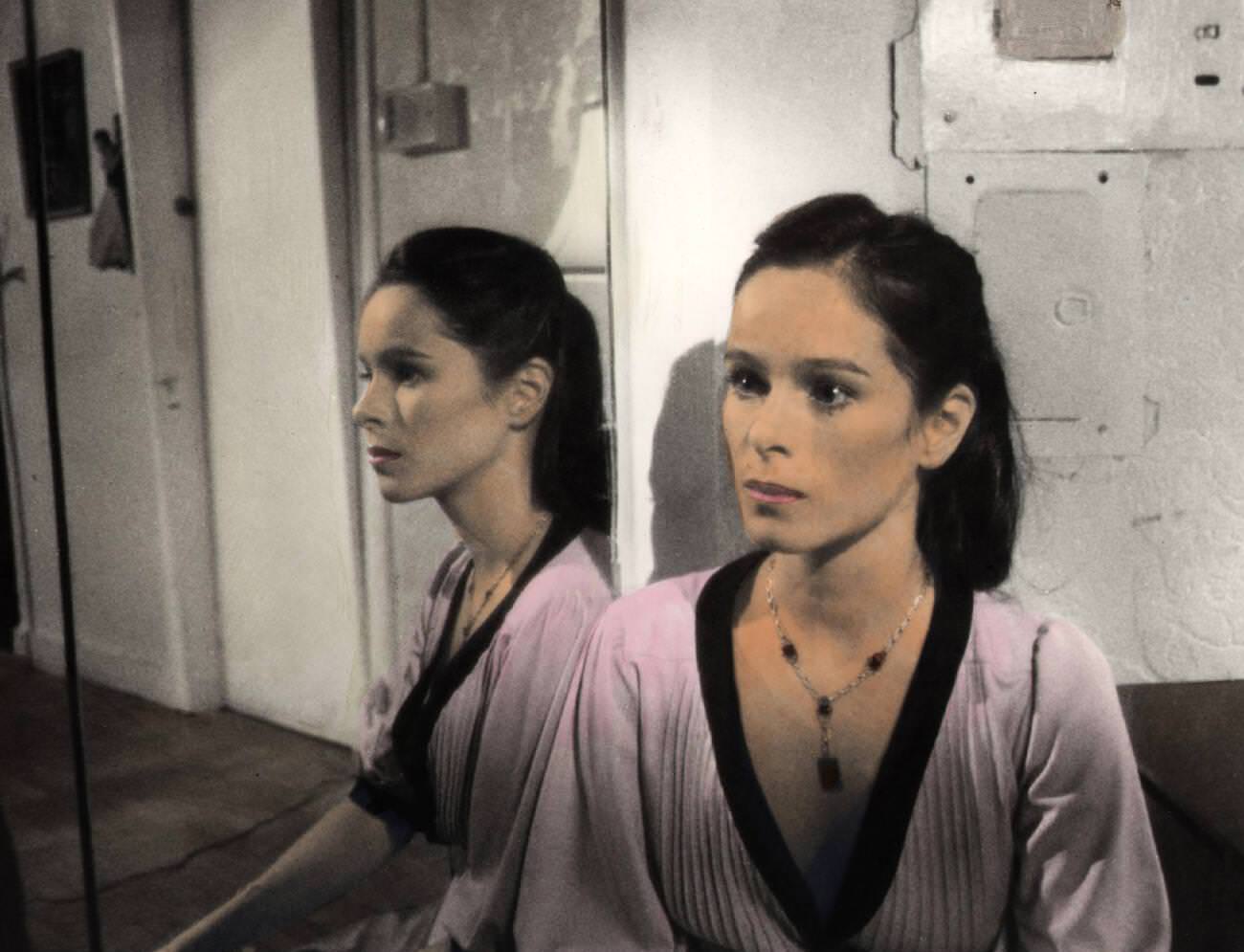
It is a film that consists of three vignettes, each set in the famed Roseland Ballroom in New York City. The movie captures the essence of the ballroom's daily life, focusing on the relationships and personal dramas of its regular visitors.
Geraldine Chaplin stars in one of these vignettes, titled "The Hustle." She portrays Marilyn, a middle-aged woman who spends her life savings on dance lessons with hopes of recapturing the attention of her indifferent husband. Through her character, Chaplin explores themes of aging, vanity, and the pursuit of lost youth and love. Her acting skillfully brings out Marilyn's quiet despair and her fleeting moments of joy as she dances.
#6 Remember My Name (1978)
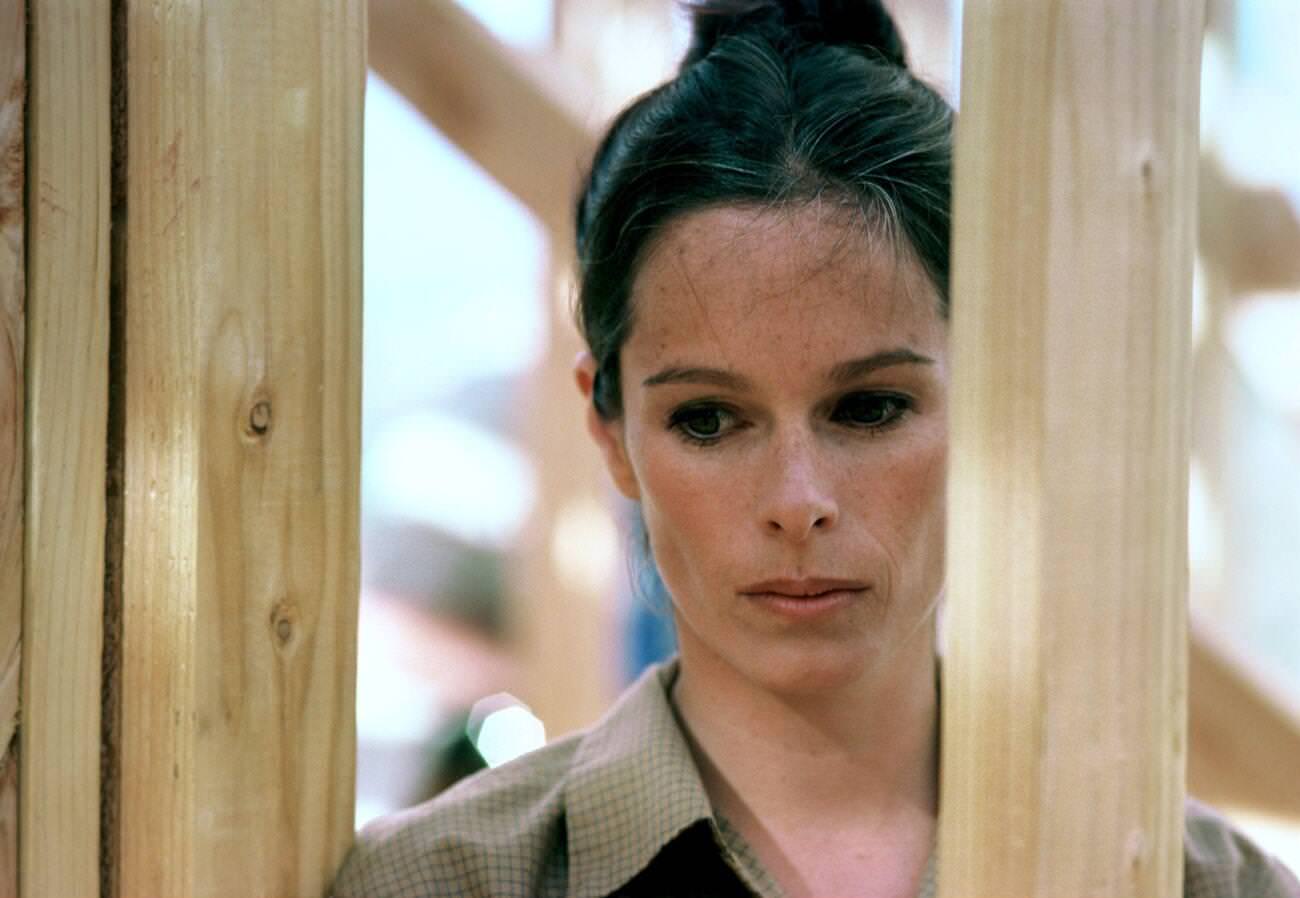
It is a film that delves into the complexities of a woman's quest for identity and resolution. It follows the story of Emily, played by Geraldine Chaplin, who has recently been released from prison and is seeking to rebuild her life.
Geraldine Chaplin's portrayal of Emily is intense and compelling. Her character is enigmatic and driven, seeking closure from her past. Emily's journey is one of obsession as she fixates on her ex-husband and his new life without her. Chaplin's performance is raw and nuanced, conveying the depth of her character's emotions and the psychological undercurrents of her actions. The film is a character study that focuses on the intricacies of Emily's psyche, and Chaplin's acting brings a haunting presence to the screen, leaving a lasting impression on the audience.
#7 The Mirror Crack’d (1980)
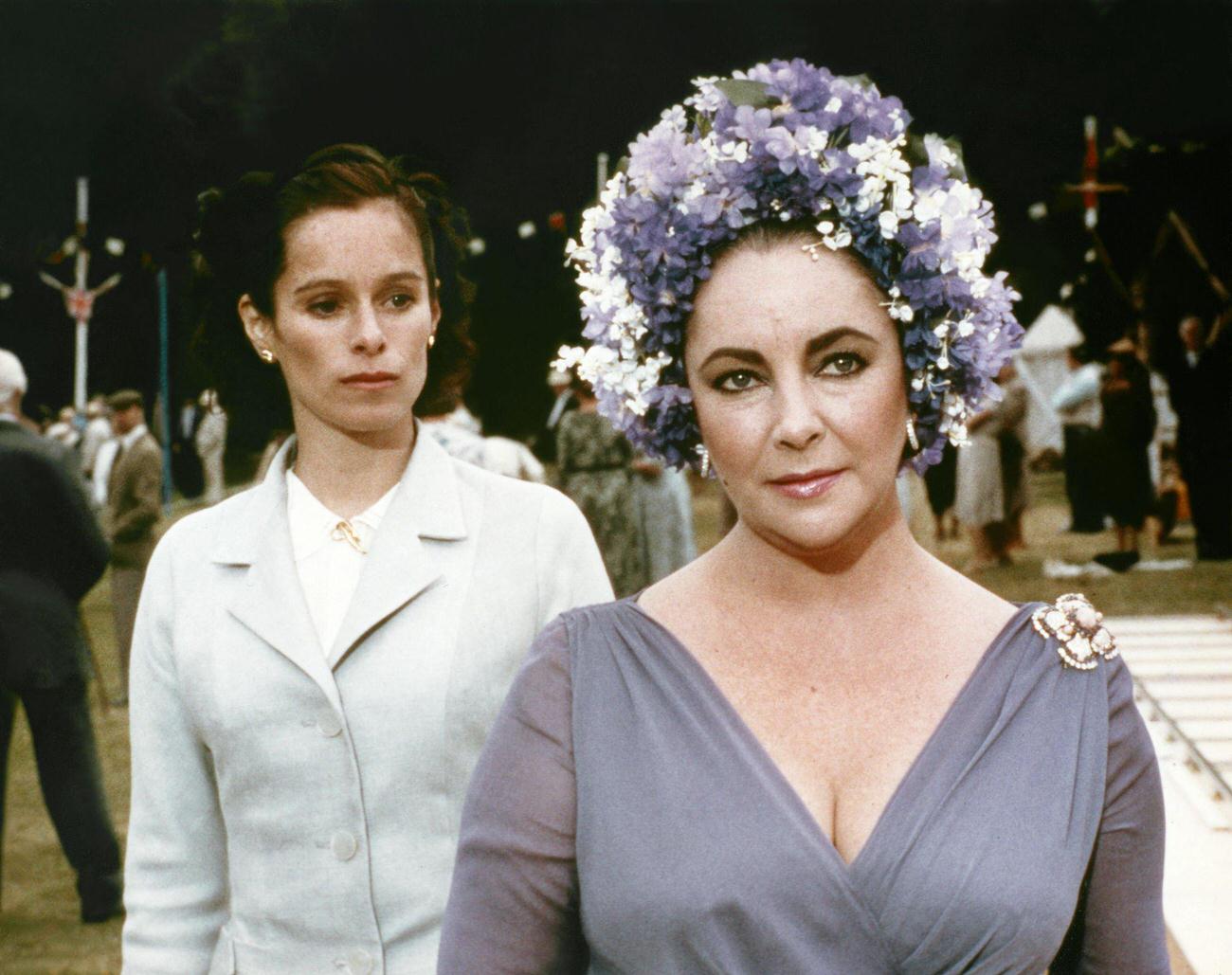
It is a mystery film based on Agatha Christie's novel of the same name. Set in a quaint English village, the story unfolds around a film production that brings Hollywood glamour to the local community. However, things take a dark turn when a poisoning occurs during a party, and everyone becomes a suspect.
Geraldine Chaplin plays Ella Zielinsky, the faithful but anxious personal assistant to a famous film actress. Ella is efficient and devoted, constantly trying to shield her boss from stress and complications, which in the whirlwind of a film set, proves to be quite a challenge. Chaplin delivers a performance that is both subtle and tense, reflecting the strain and loyalty of someone who operates behind the scenes. Her character is wrapped in the mystery of the film, as her close relationship with the main players gives her access to secrets that could be key to solving the crime.
#8 Chaplin (1992)
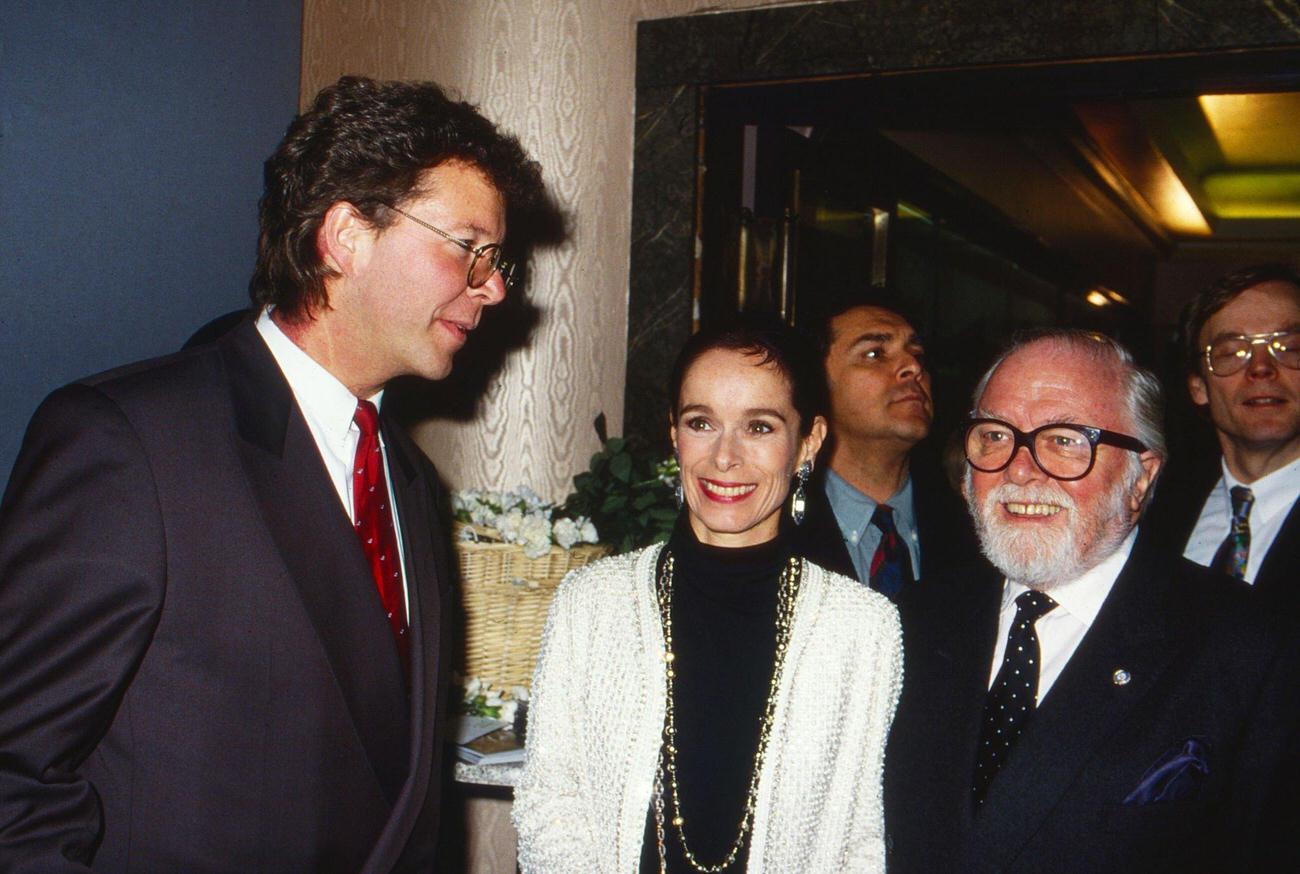
It is a biographical film about the life of the legendary silent film star Charlie Chaplin. The movie presents a broad canvas of Chaplin's life, from his impoverished childhood in London to his rise to fame in Hollywood and the many personal and professional challenges he faced along the way.
In this film, Geraldine Chaplin takes on a unique role, portraying her own real-life grandmother, Hannah Chaplin, who is Charlie Chaplin's mother. Her performance is poignant and touching, bringing to life the struggles Hannah faced with poverty and mental illness. Geraldine's portrayal shows Hannah's influence on Charlie's life and career, providing a glimpse into the emotional foundation that would later define Charlie Chaplin's work and legacy. The role is layered, reflecting the combination of tenderness, fragility, and the occasional burst of strength.
#9 The Age of Innocence (1993)
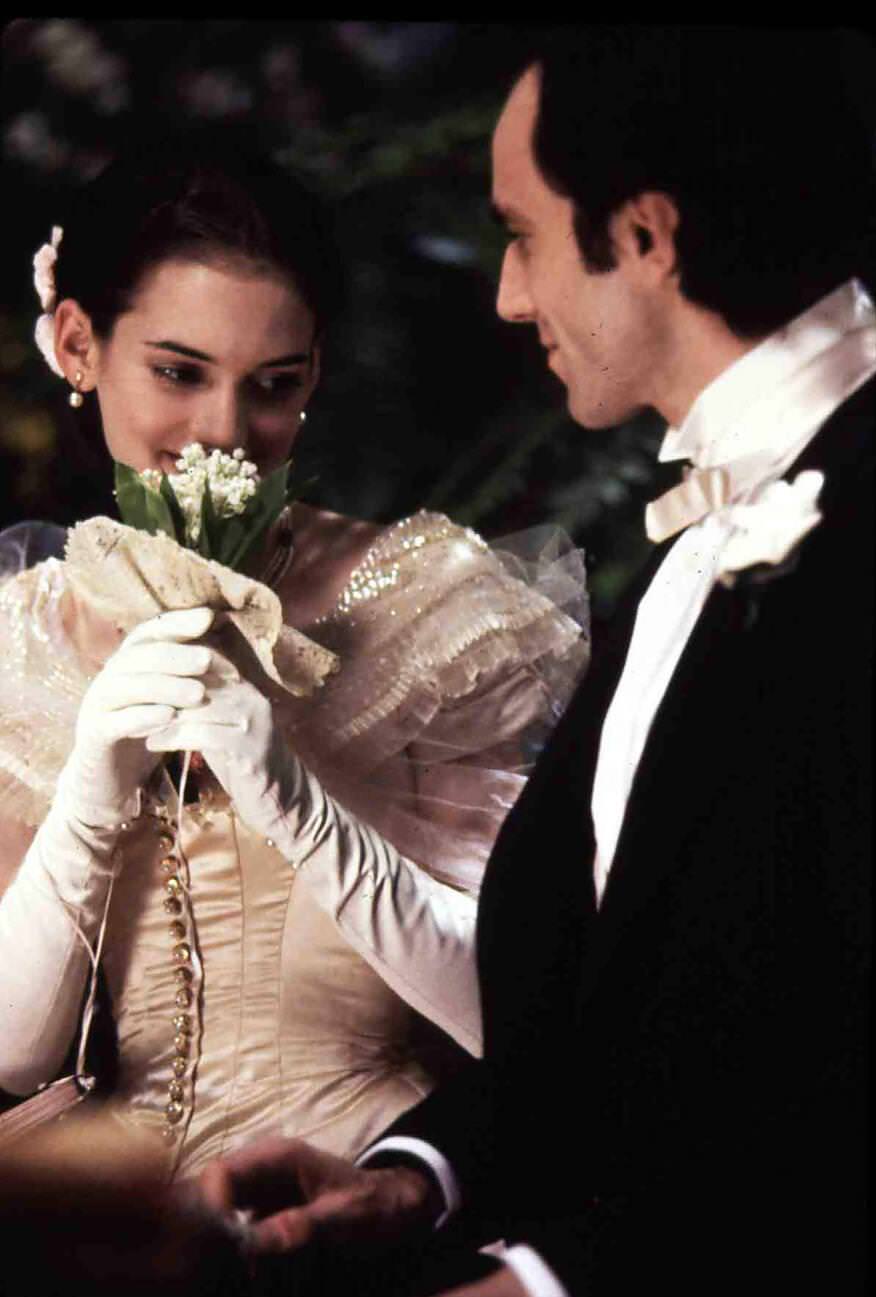
It is a film set in the 1870s, directed by Martin Scorsese, that portrays the grandeur and strict social mores of New York's high society. The story centers on Newland Archer, a young lawyer who is engaged to the perfect debutante, May Welland. However, his well-ordered life is disrupted when he meets May's cousin, Countess Ellen Olenska, who has returned from Europe and is seeking a divorce. Newland becomes enchanted by Ellen and her defiance of societal expectations, which leads to an internal struggle between passion and duty.
Geraldine Chaplin appears in the film as Mrs. Welland, May's mother. Her character epitomizes the upper class's adherence to tradition and the importance placed on appearances and reputation. Through her role, Chaplin conveys the subtle pressures that come with maintaining one's status within such a rigid social hierarchy. Mrs. Welland is portrayed as both a product and a proponent of her time, often pushing her own agendas in the guise of concern for her family's well-being.
#10 Jane Eyre (1996)
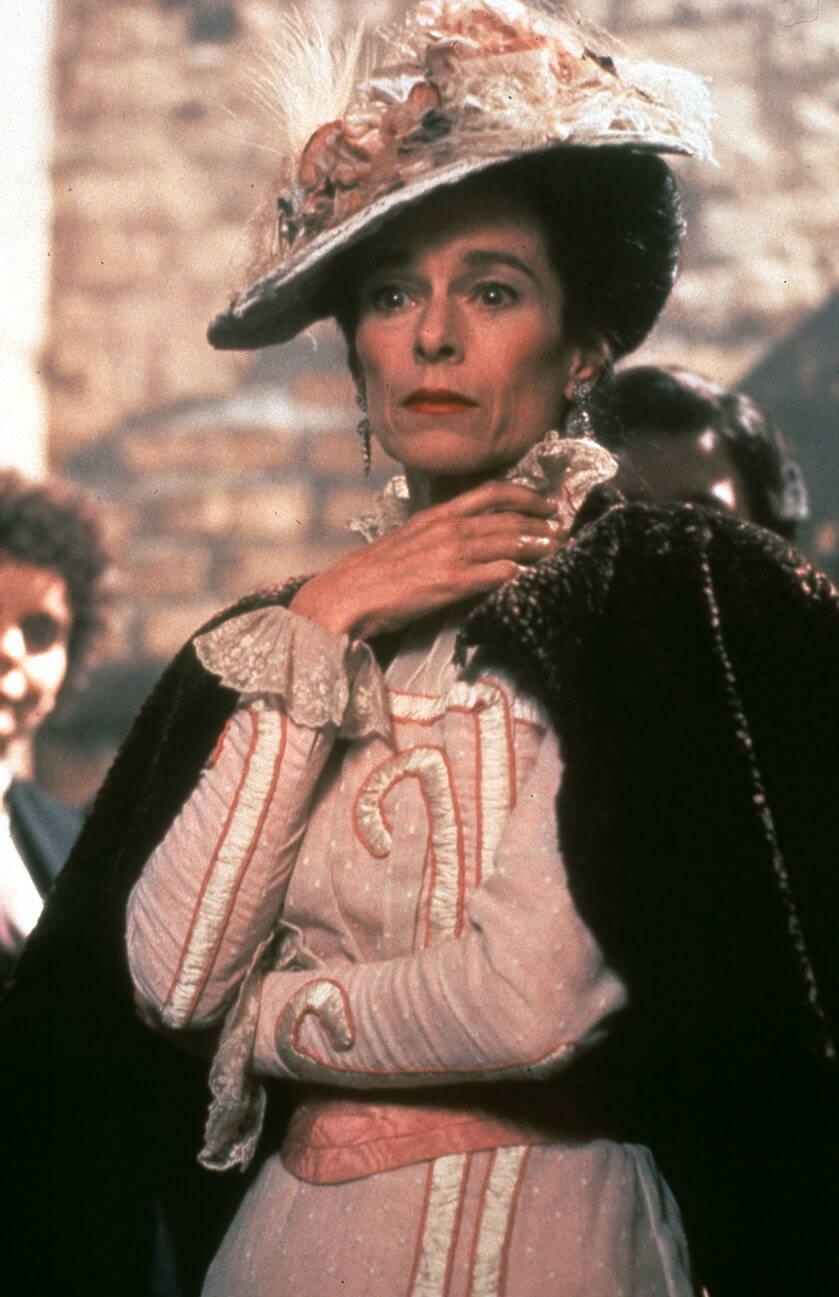
It is a film adaptation of Charlotte Brontë's classic novel. It follows the life of Jane Eyre, an orphaned girl who, after a difficult upbringing, becomes a governess at Thornfield Hall. There she meets the mysterious and brooding Mr. Rochester, with whom she develops a complicated relationship. The film delves into themes of independence, morality, love, and redemption, set against the stark and moody backdrop of the English countryside.
In the movie, Geraldine Chaplin plays Miss Scatcherd, the harsh and cruel teacher at Lowood School, where Jane spends her childhood. Chaplin's Miss Scatcherd is a formidable figure, embodying the oppressive and rigid educational practices of the time. Through her strict demeanor and cold approach to the children's welfare, Chaplin presents a character that starkly contrasts with Jane's compassion and warmth.
#11 The Orphanage (2007)
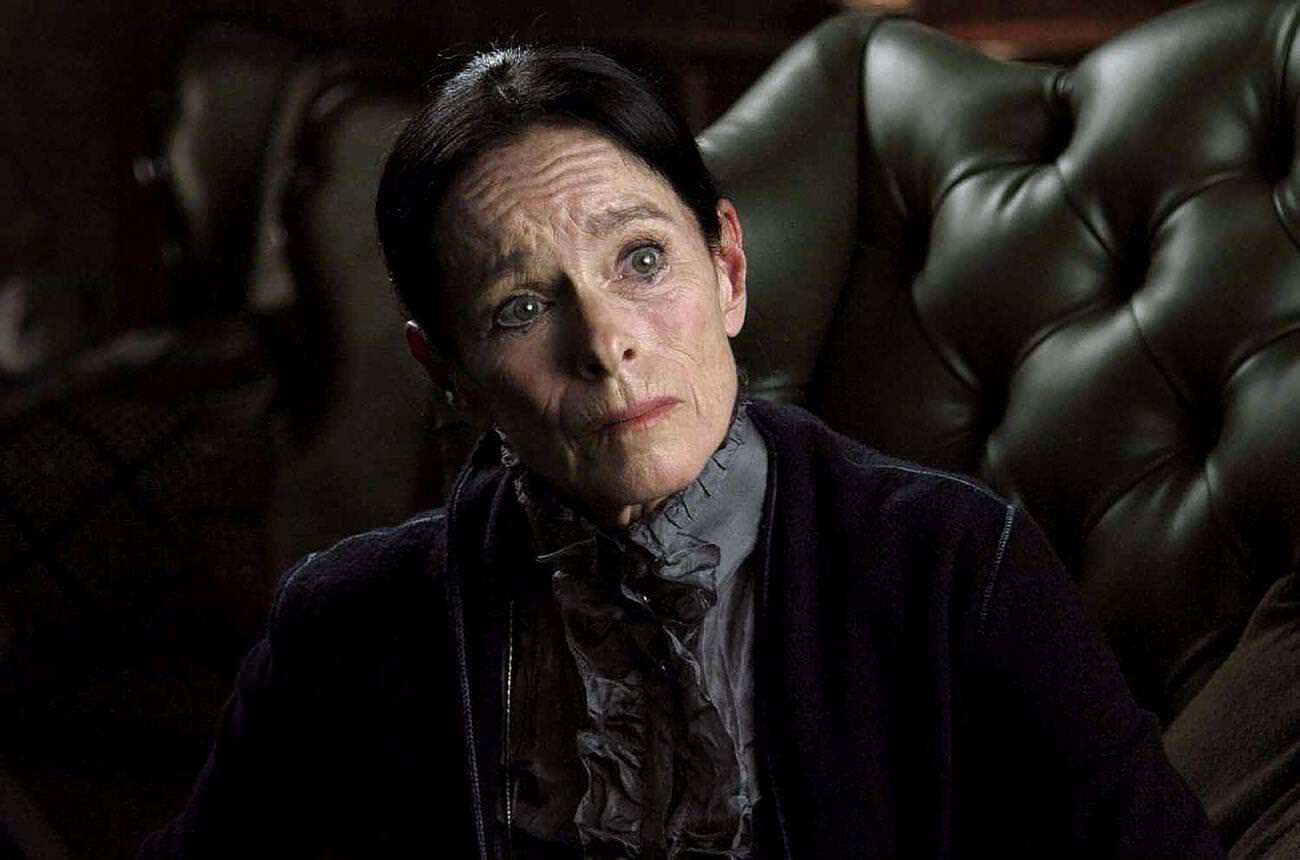
It is a Spanish horror-drama film about Laura, who returns with her family to the orphanage where she grew up, with plans to reopen it for special needs children. The film becomes a haunting tale when Laura's son, Simón, starts communicating with an invisible new friend and then mysteriously disappears.
Geraldine Chaplin plays the role of Aurora, a medium brought in to help uncover the truth about Simón's disappearance. Her portrayal of Aurora is one of a deeply intuitive and somewhat eccentric character who helps bridge the gap between the natural and supernatural worlds within the film. Chaplin's performance is riveting as she conducts a séance to connect with the spirits inhabiting the house. Her character becomes pivotal in unravelling the dark history of the orphanage and guiding Laura towards the shocking truth.
#12 Talk to Her (2002)
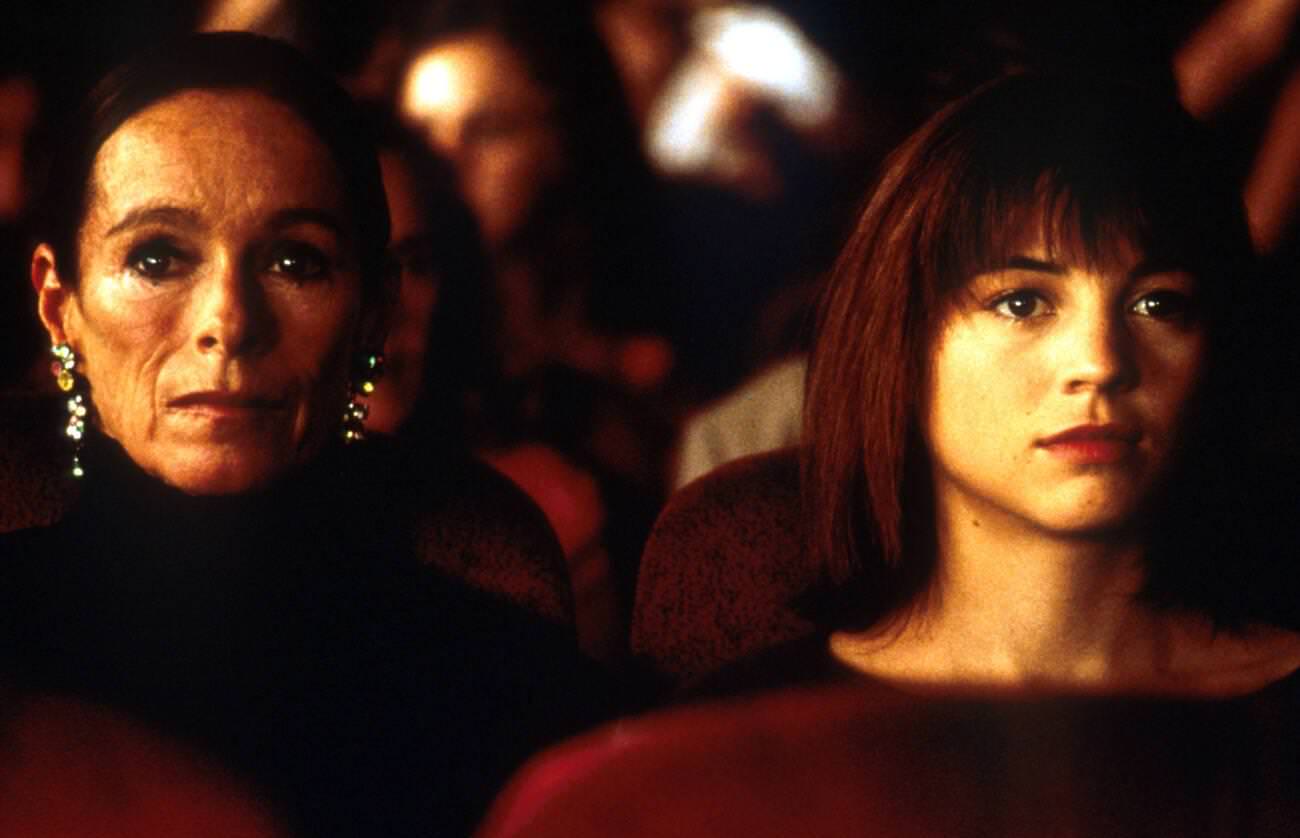
It is a Spanish film directed by Pedro Almodóvar that tells the intertwined stories of two men who form an unlikely friendship as they care for two women in comas. The film explores themes of love, loss, and the complex nature of relationships through its unique narrative and deep emotional resonance.
Geraldine Chaplin appears in the film in a small but significant role as Katerina Bilova, a ballet instructor. Her character is part of the backstory for one of the comatose women, Alicia, a dancer, and through flashback sequences, we see Katerina's impact on Alicia's life and career. Chaplin's performance is elegant and disciplined, reflecting the world of ballet and the relationships within it.
#13 Cría Cuervos (1976)
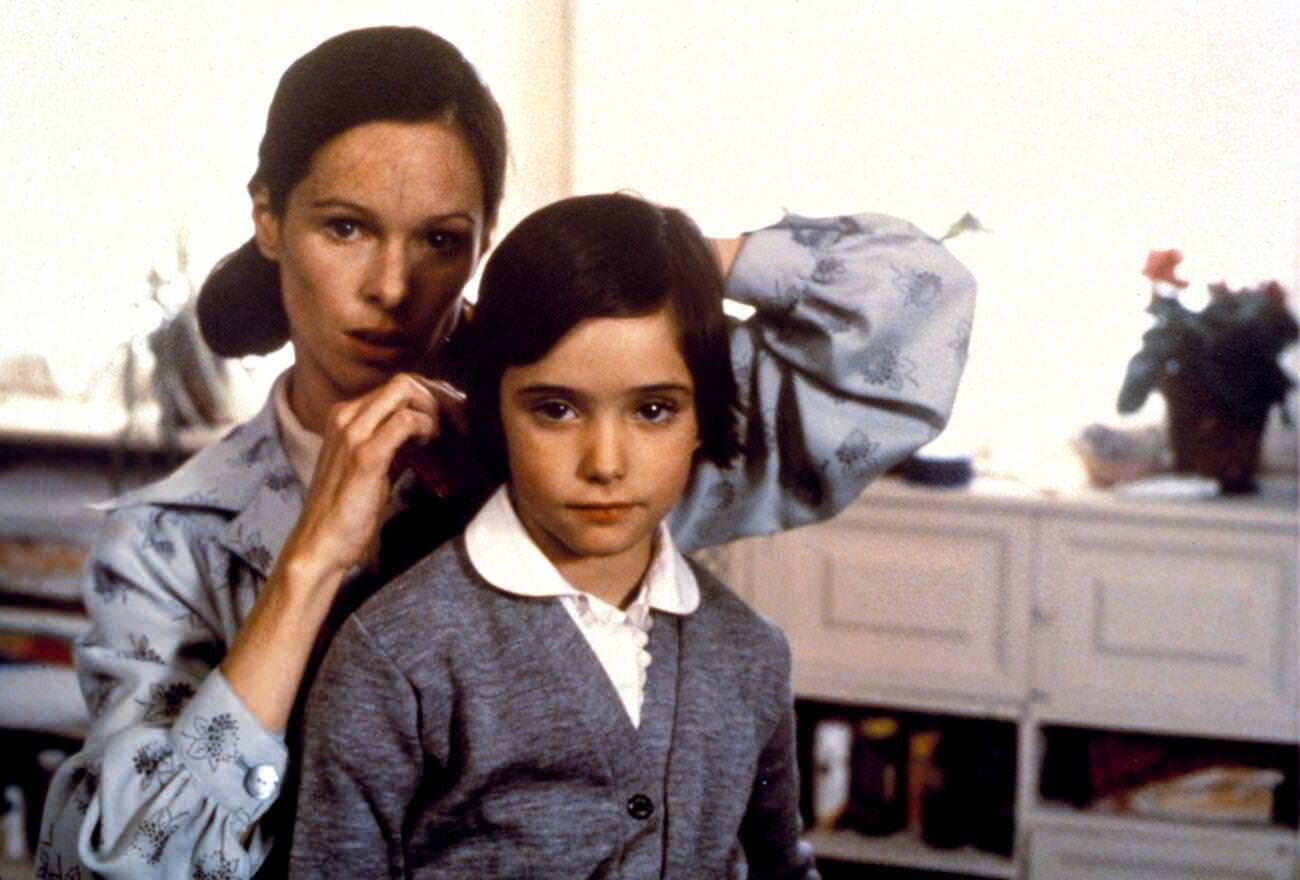
Cría Cuervos" (1976) is a Spanish film directed by Carlos Saura. The title translates to "Raise Ravens" and the film is a poignant drama that tells the story of a young girl named Ana dealing with the death of her mother. The film is set in Madrid during the final years of Franco's dictatorship and is as much a political allegory as it is a personal drama, blending reality with fantasy.
Geraldine Chaplin plays the dual role of Ana's mother, Maria, in flashbacks and as the adult Ana, who reflects on her childhood. As Maria, she is a figure of both tenderness and sadness, a mother whose death leaves a deep impact on her children. In the role of the adult Ana, Chaplin's performance is one of reflective melancholy, as she narrates her thoughts and provides insights into the mind of her younger self, played by Ana Torrent.
#14 Nashville (1975)
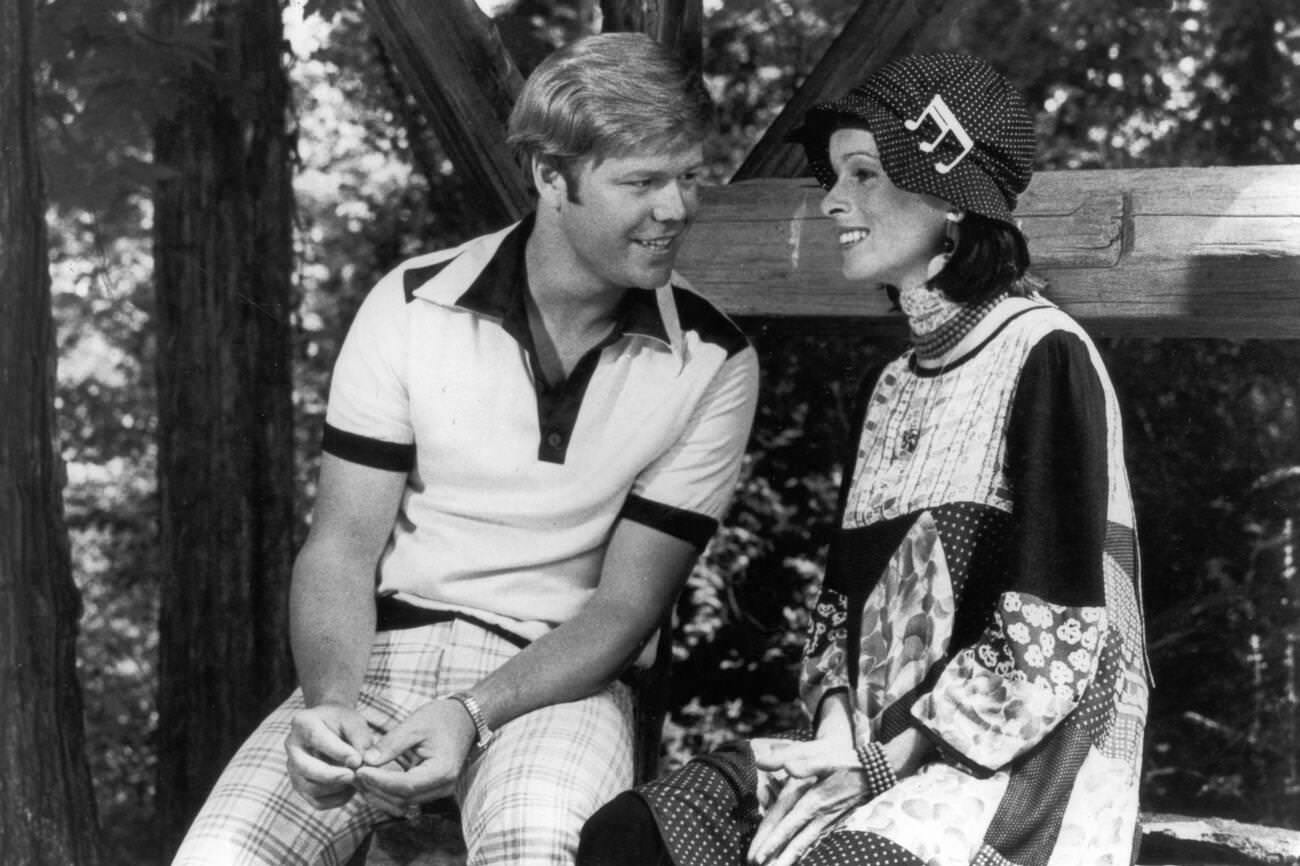
It is an American musical drama film directed by Robert Altman that weaves together the lives of various people involved in the country and gospel music businesses in Nashville, Tennessee. The film is known for its innovative narrative structure, overlapping dialogues, and ensemble cast, which creates a complex tapestry of intersecting stories against the backdrop of a political campaign.
Geraldine Chaplin plays Opal, a BBC reporter with a wandering accent who is making a documentary about Nashville and its music scene. Her character is quirky and somewhat out of place amidst the country milieu, often offering odd and humorous observations. Opal serves as a commentator on the events and personalities of Nashville, though she often misunderstands or misinterprets the culture and the people she's supposed to be covering. Chaplin's portrayal is a mixture of comedy and satire, and she provides a kind of outsider's perspective on the American way of life and the machinations within the music industry.
#15 Buffalo Bill and the Indians, or Sitting Bull’s History Lesson (1976)
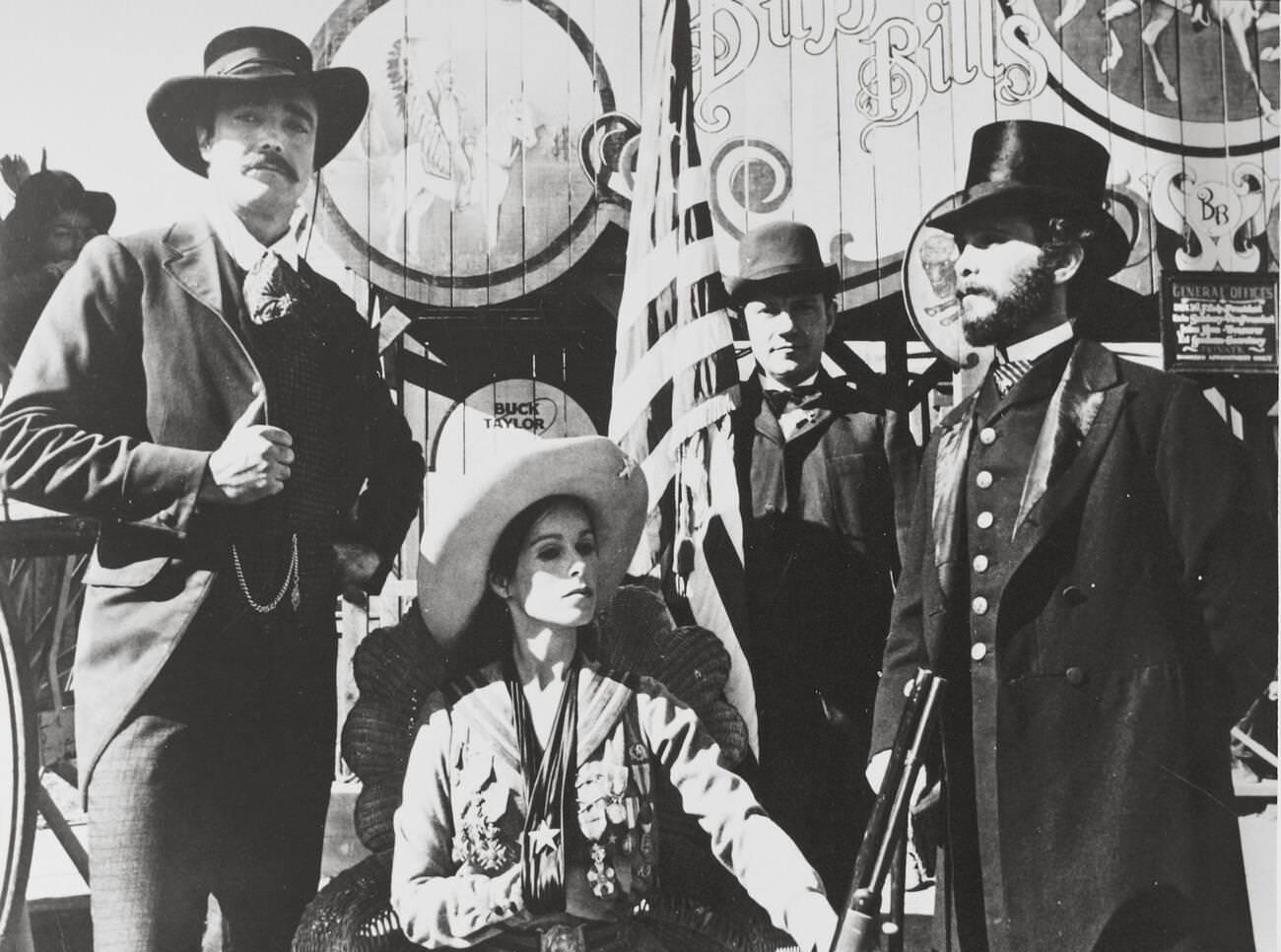
It is a revisionist Western film directed by Robert Altman. The film offers a satirical look at the myth-making of the American West, focusing on the character of Buffalo Bill Cody and his Wild West show. It reveals the show's blend of reality and fiction and the impact of commercialization on the legendary figures of the Old West.
Geraldine Chaplin plays the role of Annie Oakley, a sharpshooter and performer in Buffalo Bill's show. Oakley is depicted as a strong and talented woman, but one who is also caught up in the show's exploitation of history and spectacle. Chaplin's portrayal shows Oakley's prowess with a rifle, yet also brings a sense of depth to her character, hinting at a more complex personality behind the public façade


